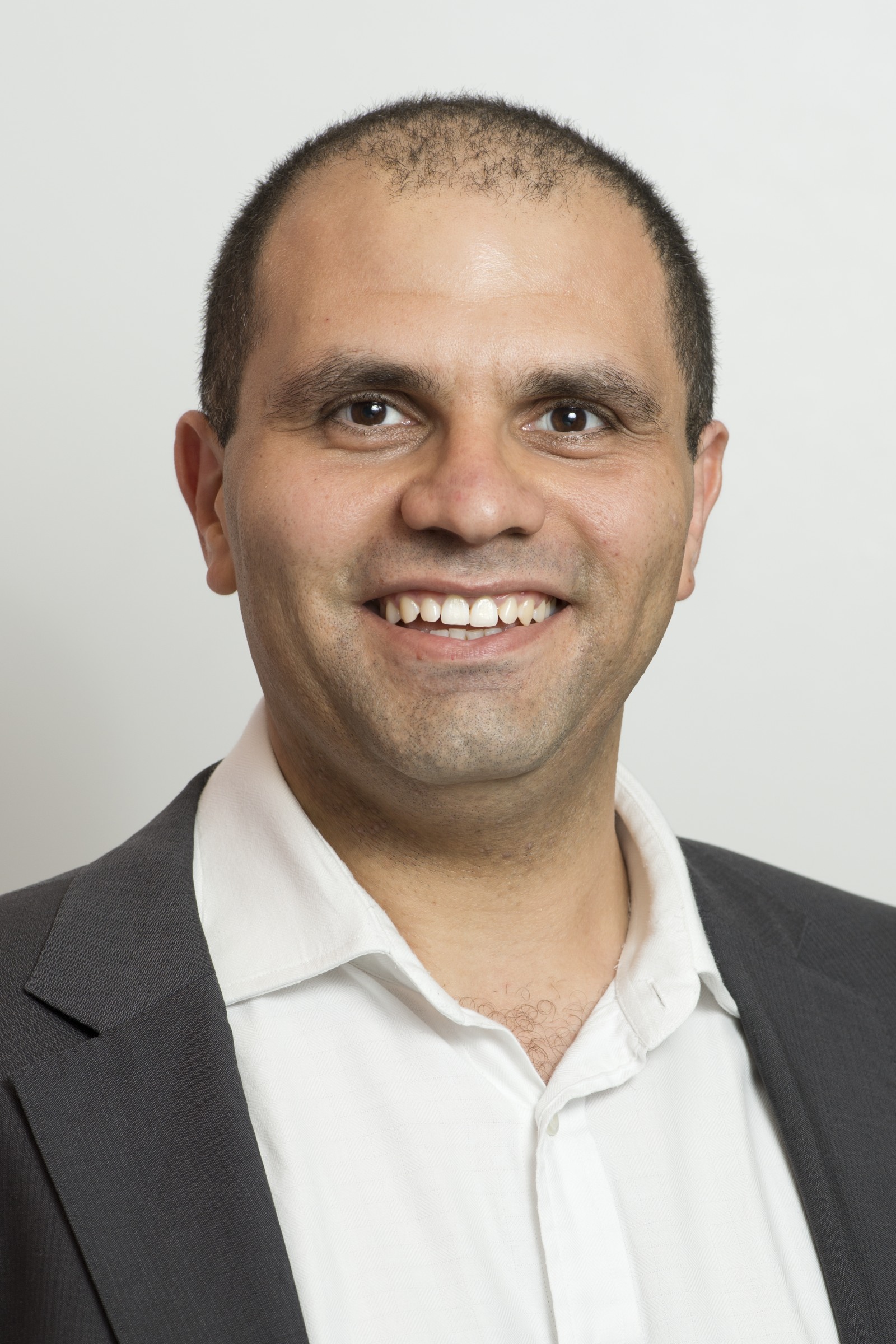Visit our new website - www.wtklab.com
 Professor Walid Khaled - Group Leader
Professor Walid Khaled - Group Leader
Professor of Tumour Initiation, Department of Pharmacology
Member of the CCC Breast Cancer Programme
Affiliated PI of Cambridge Stem Cell Institute
Fellow of Magdalene College
Member of the Naked Mole-Rat Initiative
e-mail: wtk22 [at] cam.ac.uk
Tel: +44 (0) 1223 3 34029
Keywords
TNBC, Cancer biology, Cancer therapeutics, Proteomics, Genetic screens.
Investigator biography
Walid’s team is interested in understanding the early steps of epithelial tumour initiation and how that can be used for early detection and prevention of cancer. In 2007, Walid completed his PhD at the Department of Pathology, Cambridge with Prof. Christine Watson working on mammary gland development. In 2008, he was elected to a Junior Research Fellowship, at King’s College, Cambridge and 2009 joined the Sanger Institute as a Postdoctoral fellow with Dr. Pentao Liu working on BCL11A and Triple Negative Breast Cancer. In 2013, he returned to Cambridge as a Lecturer at the Department of Pharmacology and in 2014 he was awarded a CRUK Career Establishment Award to work on breast epithelial tumour biology followed by a Programme foundation Award in 2021 to continue his study on epithelial tumour initiation. During this period Walid’s team became one of the first to use scRNAseq to identify the cellular changes in the normal and preneoplastic mouse and human mammary gland. He co-leads the Human Breast Cell Atlas initiative. Walid’s team is also working on the cancer resistance mechanisms of the Naked Mole-Rats. Walid is a group leader at the Wellcome-MRC Cambridge Stem Cell Institute, faculty member of the Breast Cancer Programme in the Cambridge Cancer Centre, fellow of Magdalene College, Cambridge, Walid co-leads the Ageing Cluster part of the UKRI, National Mouse Genetics Network and co-leads the Reproduction Development and Lifelong Health research theme within the School of Biological Sciences.
We are generously funded by:

